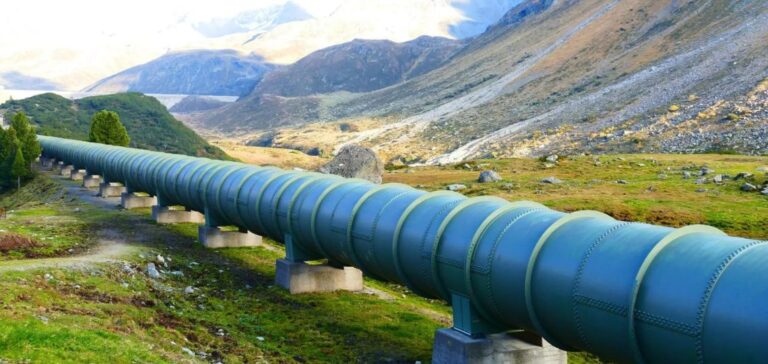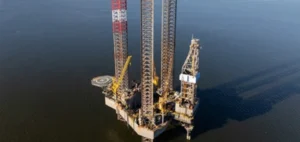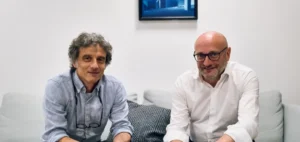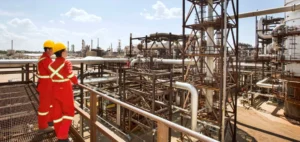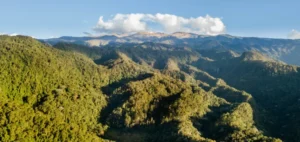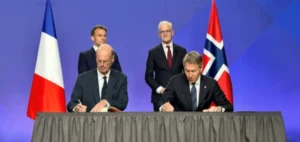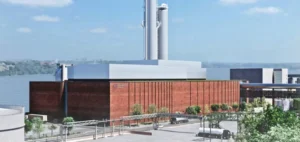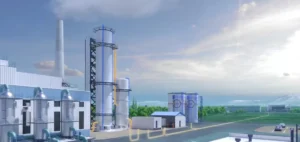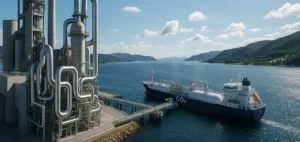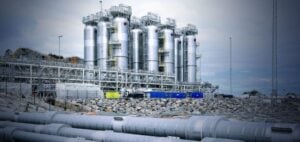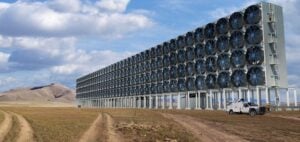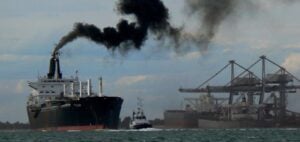SPSE and Elengy announce an AMI to develop a CO2 transport network linking the Rhône valley to Fos-sur-Mer, with the aim of improving industrial efficiency.
SPSE (Société du Pipeline Sud-Européen) and Elengy, two major players in the energy sector, have unveiled a new initiative to develop a network of CO2 transport infrastructures. This project, entitled “AMI Rhône CO2”, aims to link the industrial sites of the Rhône valley to a liquefaction and export terminal at Fos-sur-Mer. This initiative aims to provide manufacturers with a solution for managing their CO2 emissions more efficiently.
Optimizing existing infrastructures
SPSE and Elengy ‘s project is based on using existing infrastructure to minimize costs and the need for additional investment. SPSE’s pipelines and Elengy’s terminals will be reused or pooled, facilitating rapid implementation of the CO2 transport network. This pragmatic approach enables companies in the region to benefit from a ready-to-use infrastructure to improve their management of CO2 emissions.
Identifying potential partners
The aim of the “Rhône CO2” AMI is to identify CO2 emitters and Carbon Capture & Utilisation (CCU) project developers interested in developing this network. This stage is crucial to guarantee the economic viability of the project, by ensuring sufficient demand and the active participation of local manufacturers. The initiative is aimed primarily at companies in the Lyon hinterland, the Rhône valley and the Fos-sur-Mer industrial port zone, which will also be home to a photovoltaic gigafactory.
Management declarations
Fabien Poure, Managing Director of SPSE, said: “SPSE is committed to helping industrial players better manage their emissions. In collaboration with Elengy, we offer a key infrastructure for CO2 transport in the region.” For her part, Nelly Nicoli, Managing Director of Elengy, added: “This project is part of our strategy to support industrial players in optimizing their CO2 processes.”
Infrastructure and capacity
Elengy operates three LNG terminals in France: Montoir-de-Bretagne, Fos Cavaou and Fos Tonkin. These sites are strategic for the liquefied natural gas (LNG) market, offering flexible capacities for loading and unloading LNG carriers. SPSE manages a network of pipelines and a 2.26 million m³ storage depot at Fos-sur-Mer, initially dedicated to crude oil and extended to include other hydrocarbons.
Using these infrastructures to transport CO2 reduces investment and operating costs, while offering a tried-and-tested logistics solution. This approach is essential to ensure the competitiveness and efficiency of the “Rhône CO2” project.
The success of this project hinges on the commitment of local manufacturers and the ability to create an operational CO2 transport network by 2030. SPSE and Elengy, building on their existing assets, are positioned to meet the growing need for CO2 emissions management in the region.

